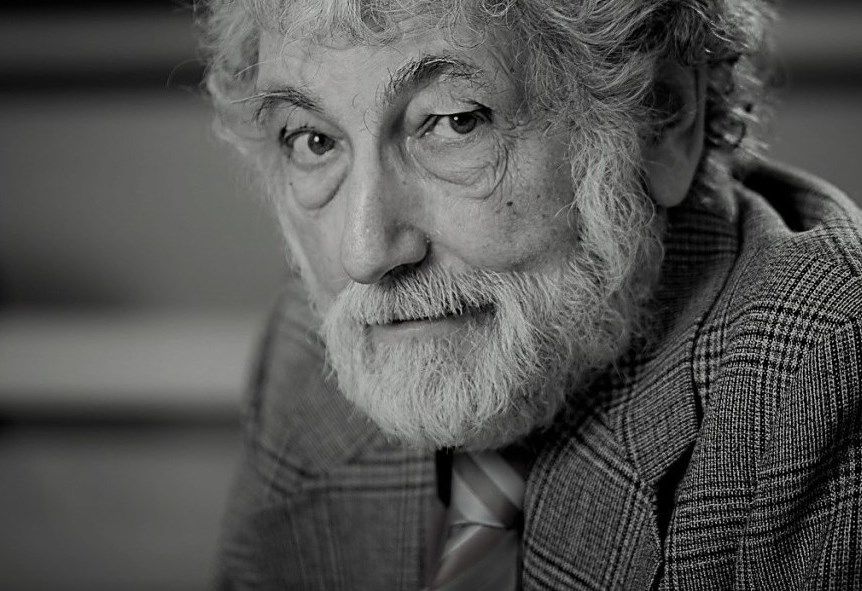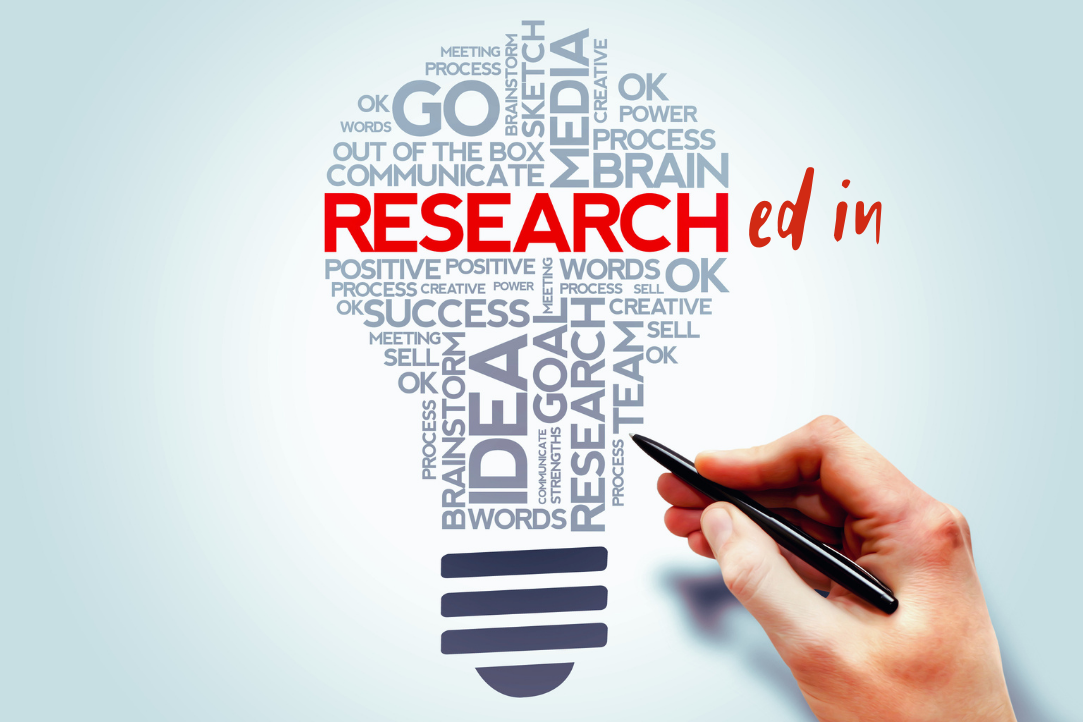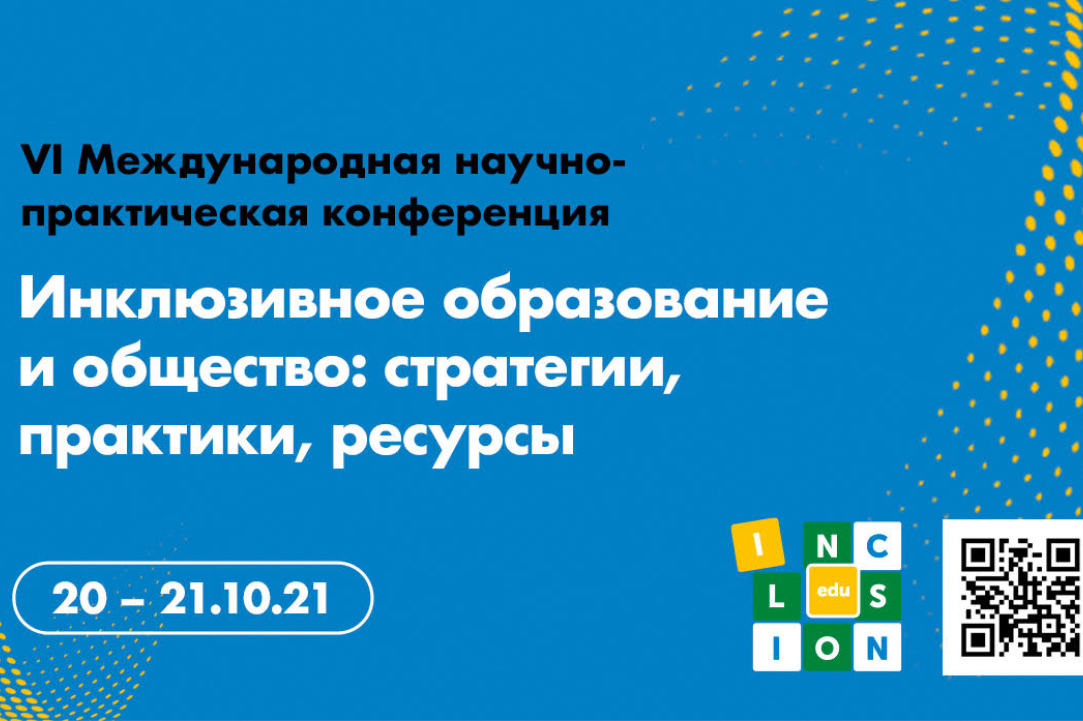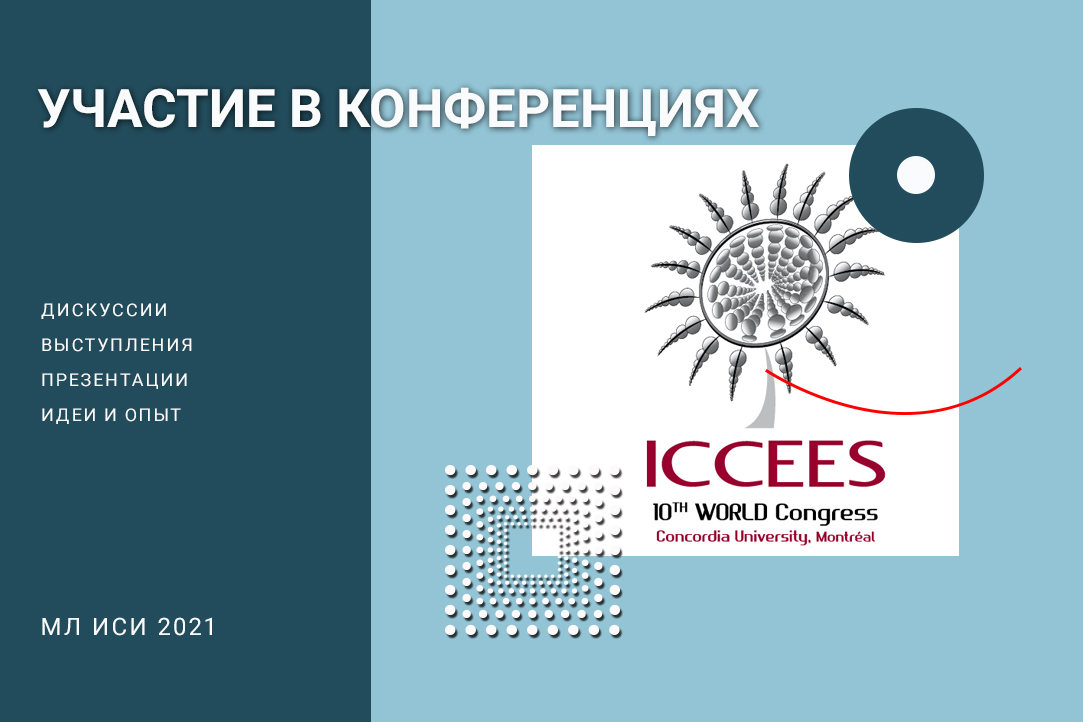.png)
News
.png)
Groningen Growth and Development Centre (GGDC), which developed the Penn World Tables, Maddison Historical Statistics, EU KLEMS and WIOD, and the HSE University Centre for Productivity Studies (CPS) are working together to intensify research on the welfare of post-Soviet countries in accordance with the agreement for scientific and educational co-operation between the HSE University and the University of Groningen.








